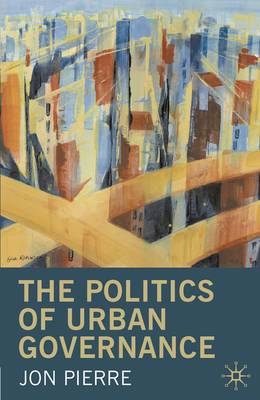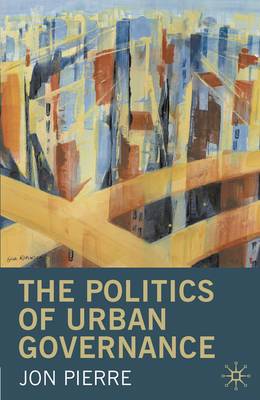
- Retrait gratuit dans votre magasin Club
- 7.000.000 titres dans notre catalogue
- Payer en toute sécurité
- Toujours un magasin près de chez vous
- Retrait gratuit dans votre magasin Club
- 7.000.0000 titres dans notre catalogue
- Payer en toute sécurité
- Toujours un magasin près de chez vous
Description
The study of urban governance provides a valuable insight into economic, social, and political forces and how they shape city life. But who and what are the real drivers of change? This innovative text casts new light on the issues and re-examines the state of urban governance at the start of the twenty-first century.
Jon Pierre analyses four models of urban governance: 'management', 'corporatist', 'pro-growth' and 'welfare'. Each is assessed in terms of its implications for the major issues, interests and challenges in the contemporary urban arena. Distinctively, Pierre argues that institutions - and the values which underpin them - are the driving forces of change. The book also assesses the impact of globalization upon urban governance. The long-standing debate on the decline of urban governance is re-examined and reformulated by Pierre, who applies a wider international approach to the issues. He argues that the changing cast of private and public actors, combined with new forms of political participation, have resulted in a transformation - rather than a decline - of contemporary urban governance.Spécifications
Parties prenantes
- Auteur(s) :
- Editeur:
Contenu
- Nombre de pages :
- 184
- Langue:
- Anglais
Caractéristiques
- EAN:
- 9780333732687
- Date de parution :
- 01-07-08
- Format:
- Livre broché
- Format numérique:
- Trade paperback (VS)
- Dimensions :
- 137 mm x 213 mm
- Poids :
- 235 g

Les avis
Nous publions uniquement les avis qui respectent les conditions requises. Consultez nos conditions pour les avis.






